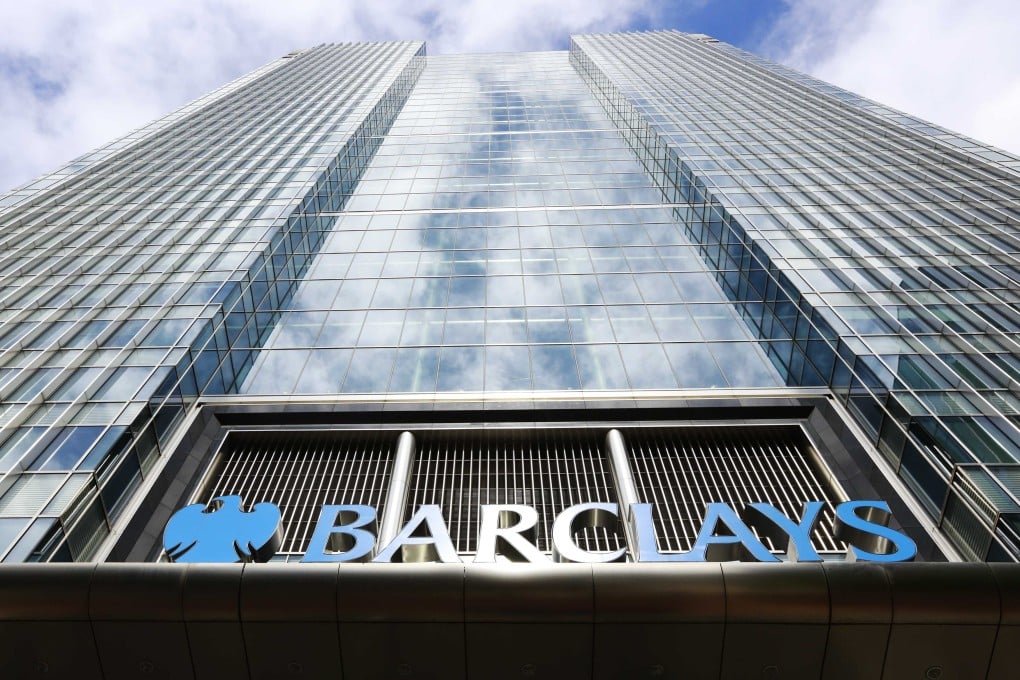Fed subjects big foreign banks to same standards as US ones
Reform will subject foreign lenders to same standards as domestic rivals and is aimed at shielding US taxpayers from footing costly bailouts

The United States Federal Reserve adopted a tight new rule for foreign banks on Tuesday to shield the US taxpayer from costly bailouts, ceding only minor concessions despite pressure from abroad to weaken the rule.
The largest foreign banks, with US$50 billion or more in US assets, would need to set up an intermediate holding company subject to the same capital, risk management and liquidity standards as US banks, the Fed said.
Foreign banks with sizeable operations on Wall Street such as Deutsche Bank and Barclays had pushed back hard against the plan because it means they will need to transfer costly capital from Europe.
The contribution … is to ensure the stability of the US financial system
The Fed, which oversees foreign banks, gave them a year longer, until July 1, 2016, to meet the standards and applied them to fewer banks than in a first draft, but the rule was largely unchanged from when it was first proposed in December 2012.
Both changes had been widely expected in the market.
"The most important contribution we can make to the global financial system is to ensure the stability of the US financial system," Fed governor Dan Tarullo, who is in charge of financial regulation, said at a board meeting at which the Fed unanimously adopted the rule.
The reform is designed to address concerns that US taxpayers will need to foot the bill if European and Asian regulators treat US subsidiaries with low priority when rescuing one of their banks.
The Fed broke with its tradition of relying on regulators abroad in overseeing foreign banks after the 2008 financial crisis, during which it extended hundreds of billions of dollars in emergency loans to overseas banks.
